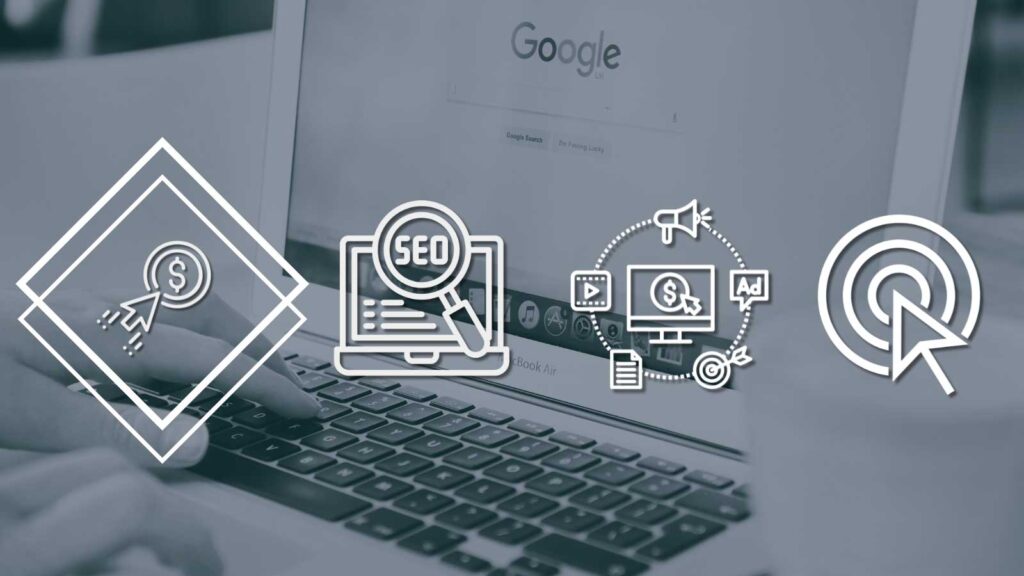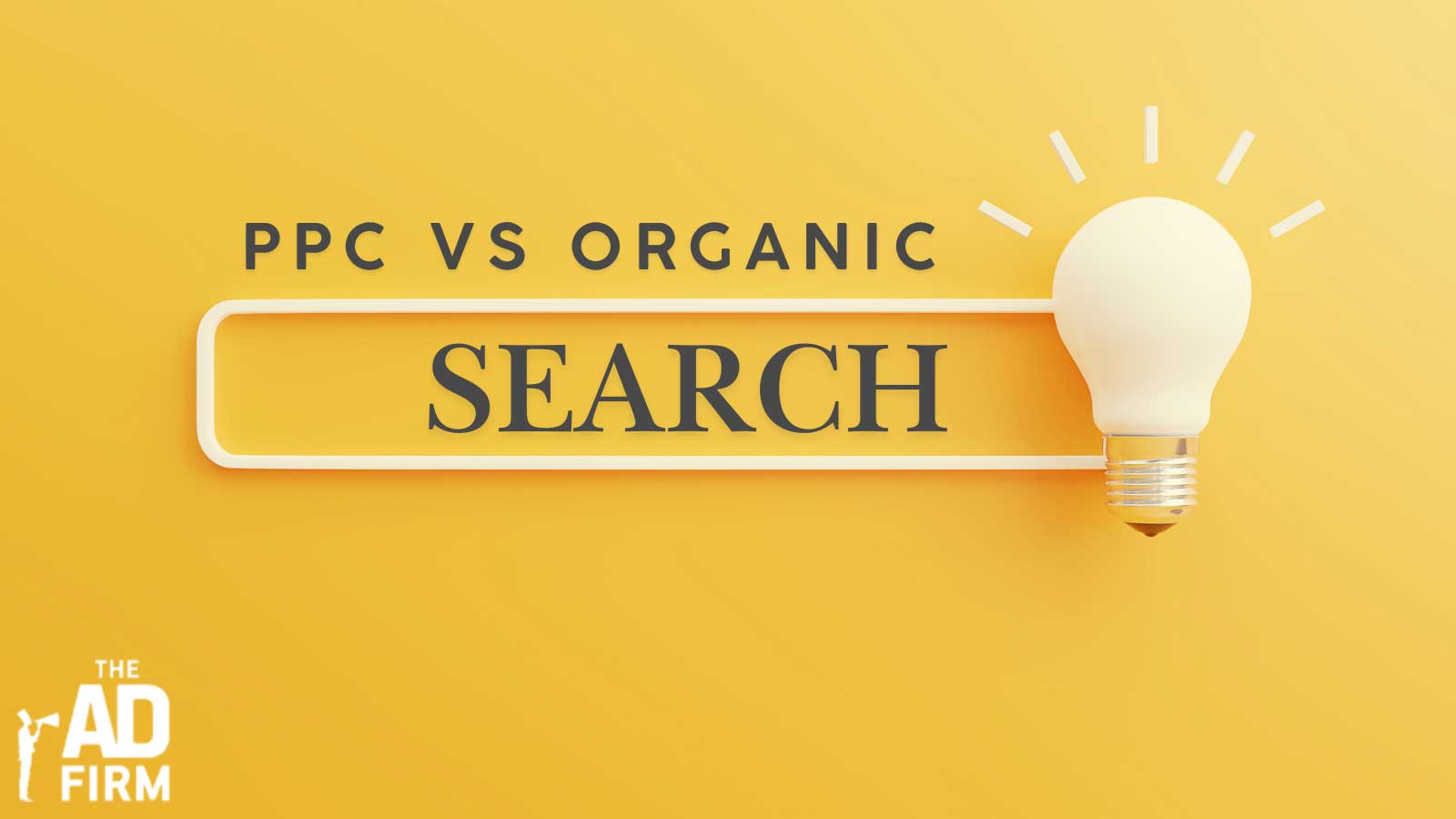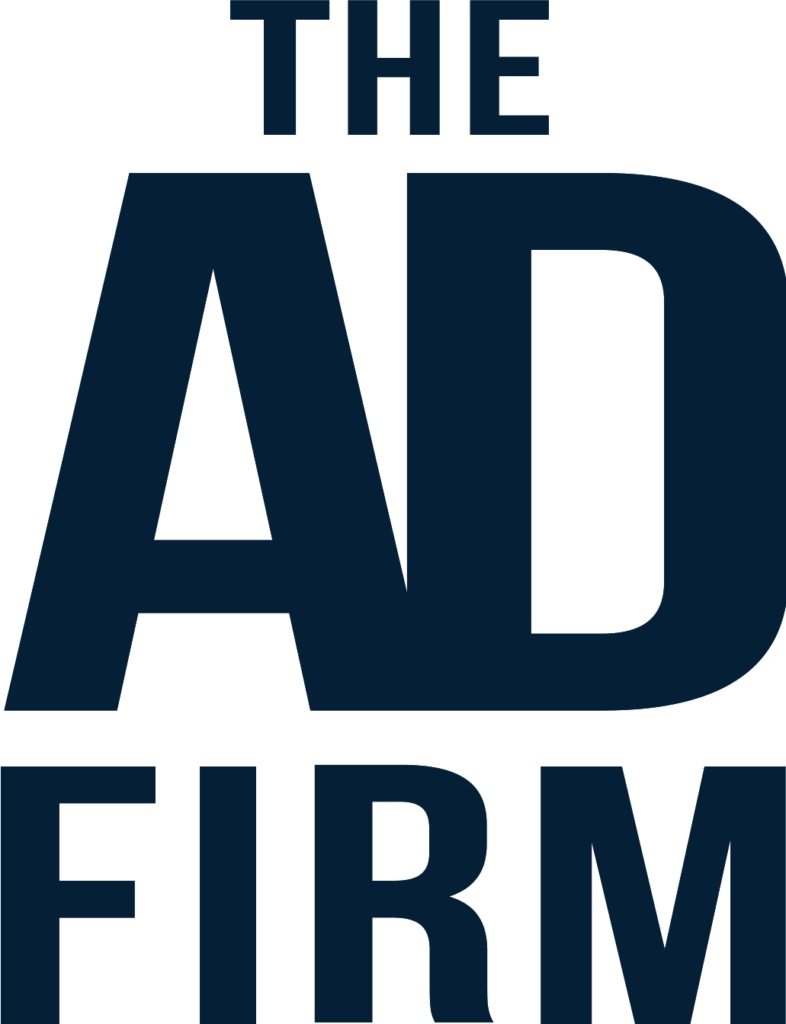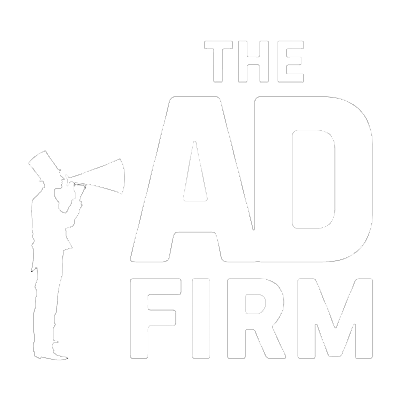Small businesses competing for online visibility face a crucial decision: invest in PPC advertising or focus on organic search. Both methods have their advantages, but choosing the right one depends on budget, goals, and long-term strategy. PPC delivers immediate results but comes at a cost, while organic search builds sustainable traffic but requires time and effort.
Understanding when to use a PPC agency for paid campaigns and when to invest in SEO for small businesses can make the difference between short-term spikes in traffic and long-term online success. This guide breaks down the key differences, costs, and benefits of PPC and organic search, helping small businesses determine which approach best aligns with their marketing objectives.
Understanding PPC and Organic Search
Small businesses must be strategic about how they attract and retain customers online. Choosing between Pay-Per-Click (PPC) advertising and organic search (SEO-driven rankings) can significantly impact visibility, lead generation, and overall marketing costs. While PPC provides instant visibility through paid ads, organic search builds long-term credibility and sustainable traffic.
This section explores how PPC and organic search work, their key benefits, and how each approach fits different business goals. Understanding these distinctions will help small businesses make informed decisions about where to invest their marketing budget.
What is PPC and How Does It Work?
Pay-per-click (PPC) advertising is a paid digital marketing model in which businesses bid on keywords to display ads at the top of search engine results pages (SERPs) and social media feeds. Businesses are charged only when someone clicks on their ad, making it a highly targeted and cost-controlled strategy for driving traffic.
- Key Benefits of PPC for Small Businesses
PPC ads offer instant visibility, appearing above organic search results to ensure businesses gain immediate exposure. They provide targeted reach, allowing advertisers to tailor ads based on specific demographics, locations, devices, and search intent.
With budget control, businesses can set daily and campaign-level spending limits to prevent overspending while maintaining ad efficiency. Unlike SEO, which takes time to build rankings, PPC delivers fast results, driving traffic and conversions as soon as the campaign is live.
- Where PPC Ads Appear
PPC ads can be found in multiple locations, depending on the platform. Google Ads and Bing Ads display them at the top of SERPs, ensuring prominent visibility for high-intent searches. Social media platforms like Facebook, Instagram, LinkedIn, and YouTube feature paid placements within user feeds, expanding reach across different audience segments.
Additionally, display ads and retargeting campaigns help businesses stay top-of-mind by showing ads across various websites and re-engaging visitors who have previously interacted with their brand.
- How PPC Campaigns Are Managed:
Running a successful PPC campaign requires constant monitoring, bid adjustments, and A/B testing. A PPC agency helps small businesses optimize ad placement, adjust bidding strategies, and maximize ROI to ensure ads reach the most relevant audience.
While PPC delivers immediate traffic, it requires ongoing investment. The moment businesses stop running ads, their visibility disappears, making it a great short-term but high-maintenance strategy.
How Organic Search Builds Long-Term Visibility
Unlike PPC, organic search rankings are achieved without direct ad payments. Search Engine Optimization (SEO) helps businesses rank higher on search engines like Google by optimizing their website, content, and overall online presence. The primary goal is to build authority and attract sustainable traffic without relying on paid ads.
Key Benefits of Organic Search for Small Businesses:
- Sustainable traffic – Once ranking well, a website continues to attract visitors without ongoing ad spend.
- Trust and credibility – Users are more likely to click on organic results than paid ads.
- Cost-efficient long-term – Although SEO requires upfront effort, it reduces marketing costs over time.
How Small Businesses Rank in Organic Search:
To improve rankings, businesses must focus on three key areas:
- Content Optimization: High-quality, relevant, and keyword-rich content keeps users engaged.
- Backlink Building: Earning links from reputable websites strengthens a site’s authority.
- Technical SEO: A well-structured, mobile-friendly, and fast-loading website improves rankings.
A digital marketing agency specializing in SEO for small businesses ensures websites meet Google’s ranking requirements, improving search visibility and organic traffic growth. While SEO takes time, it offers compounding benefits—the longer a business invests in organic search, the more authoritative and competitive it becomes. Unlike PPC, where traffic stops once ads are turned off, organic rankings continue generating leads without additional ad spend.
Cost and Budget Considerations

Every marketing strategy requires a financial commitment, but how businesses allocate their budget differs between PPC and organic search. PPC demands continuous ad spending to maintain visibility, while SEO requires an upfront investment with long-term benefits. Small businesses must evaluate their budget, industry competition, and expected return on investment to determine the most cost-effective approach.
PPC Advertising Costs: What to Expect
Pay-per-click (PPC) advertising allows businesses to control how much they spend on ads, but costs can escalate quickly depending on the industry, competition, and demand for keywords. Unlike SEO, where rankings are earned over time, PPC provides instant results—but only as long as the budget lasts.
Factors Affecting PPC Costs
Several variables influence the cost of running a PPC campaign, including:
- Cost-Per-Click (CPC): The price businesses pay for each click on their ad depends on keyword competition. Industries such as law, finance, and eCommerce often have higher CPCs, sometimes exceeding $50 per click, while lower-competition industries may see CPCs under $2.
- Ad Spend: Small businesses typically start with a monthly PPC budget ranging from $500 to $5,000, depending on campaign goals and industry benchmarks. Larger enterprises often spend significantly more to maintain high ad placements.
- Bidding Strategy: Businesses can manually set bids for better cost control or use automated bidding strategies, where AI adjusts bids to maximize conversions within budget limits.
- Quality Score & Ad Relevance: Google assigns a Quality Score based on ad relevance, landing page experience, and expected CTR. A high-Quality Score can lower CPC, while a low score increases costs.
PPC provides immediate visibility and traffic, but without careful budget management, businesses can overspend without seeing a strong return. Partnering with a PPC agency ensures eCommerce PPC management and campaign optimization to prevent wasted ad spend.
Click-Through Rates (CTR) and User Behavior

Click-through rate (CTR) measures how often users click on a search result after seeing it. A higher CTR means more engagement, which impacts both PPC and organic search success. However, CTR varies significantly between paid ads and organic listings, as users interact with them differently.
Understanding how search behavior affects CTR helps businesses make informed marketing decisions, balancing immediate visibility from PPC with long-term engagement from SEO.
PPC Ads: Are Users More or Less Likely to Click?
PPC ads dominate the top of search engine results pages (SERPs), ensuring high visibility for businesses willing to pay for premium placements. However, while PPC ads appear first, they don’t always receive the highest number of clicks.
How Users Engage with PPC Ads
- Higher Visibility, Lower Trust: PPC ads are positioned above organic results, grabbing attention immediately. However, many users skip them because they know they are paid placements.
- Influence of Ad Copy & Relevance: Well-optimized ad copy significantly impacts CTR. Compelling headlines, strong calls-to-action (CTAs), and keyword relevance improve user engagement.
- Commercial Intent & Targeting: PPC works best when users are ready to buy. Ads that align with high-intent searches (e.g., “buy running shoes online”) tend to receive higher CTRs than general search queries.
Why PPC CTR Isn’t Always the Highest
Despite their visibility, PPC ads receive fewer clicks than organic results in most industries. Many users prefer organic listings, which are more trustworthy and informative than sales-driven.
Businesses must craft highly relevant and persuasive ad copy while optimizing their bidding strategies and targeting to maximize PPC engagement.
Organic Search: Why Users Trust SEO Rankings More
Organic search results are often seen as more credible than PPC ads because they are ranked based on relevance, quality, and trustworthiness rather than paid placement. Users associate high-ranking websites with authority, making SEO a key factor in long-term visibility. Studies show that organic listings consistently attract more clicks than paid ads, reinforcing their perceived reliability.
SEO also benefits research-based and informational queries, where users seek in-depth content, reviews, or expert insights. Since achieving top rankings requires consistent effort and high-quality content, organic search naturally filters out low-value pages, leading to better engagement and lower bounce rates. This credibility not only strengthens brand authority but also fosters sustainable traffic growth.
ROI (Return on Investment): Which Strategy is More Profitable?
Return on investment (ROI) is key in deciding between PPC and SEO. While both strategies drive traffic, their costs, sustainability, and long-term profitability differ significantly.
PPC delivers quick wins but requires continuous ad spending to maintain traffic and conversions. Conversely, SEO takes time but generates long-term value, offering higher ROI as rankings improve. Understanding how each approach impacts profitability helps businesses allocate their marketing budget effectively.
PPC vs. SEO: Balancing Short-Term Wins with Long-Term Growth
PPC drives immediate traffic and conversions, making it ideal for businesses needing quick results. Ads go live instantly, offering real-time budget control and precise audience targeting. However, high costs per click, especially in competitive industries, can impact profitability. PPC requires continuous ad spend, and once the budget stops, so does the traffic. Without proper optimization, rising ad costs can diminish returns.
SEO is a long-term strategy that builds sustainable traffic without ongoing ad costs. It enhances brand authority, lowers customer acquisition costs, and delivers consistent results over time. However, SEO takes months to show significant gains and requires ongoing content creation, technical improvements, and adaptation to search engine updates. While slower to yield results, SEO remains one of the most cost-effective and profitable digital marketing strategies in the long run.
When Should Small Businesses Use PPC vs. Organic Search?
Choosing between PPC and organic search depends on business goals, industry competition, and budget. While both strategies drive traffic, PPC delivers immediate visibility, whereas SEO for small business focuses on building long-term brand authority and sustainable growth.
Small businesses often face budget constraints and high competition, making it crucial to determine when to invest in PPC, SEO, or both. Understanding the strengths of each approach ensures an optimized marketing spend that drives the best results.
When to Prioritize SEO for Sustainable Growth
SEO is a long-term strategy that helps small businesses build credibility, attract organic traffic, and lower customer acquisition costs. While SEO takes longer to produce results, it compounds traffic growth and strengthens a brand’s online presence.
When SEO is the Best Choice:
- Brand-Building and Authority – SEO positions businesses as industry leaders, making them trustworthy and authoritative in search results.
- Lower Long-Term Acquisition Costs – Unlike PPC, SEO doesn’t require ongoing ad spend. Once a page ranks well, it continues driving traffic with minimal additional costs.
- Higher Engagement and Organic CTR – 70-80% of search users click on organic results over paid ads. Ranking higher in search results leads to more engaged, high-intent visitors.
- Evergreen Content Strategies – SEO leverages content marketing to provide valuable information, driving consistent traffic without relying on ad budgets.
Challenges of SEO for Small Businesses:
- Takes Time to Rank – SEO results don’t happen overnight; businesses typically see measurable improvements in 3-6 months.
- Requires Ongoing Effort – Google’s algorithm updates require businesses to consistently optimize content, acquire backlinks, and refine SEO strategies.
- Competitive Niches Take Longer to Rank – In highly competitive industries, ranking for primary keywords may take significant time and effort.
SEO is the foundation of a long-term online presence, helping businesses reduce costs, improve brand recognition, and build sustainable traffic.
Final Verdict: The Best Strategy for Small Businesses
Choosing between PPC and organic search isn’t about picking one over the other—it’s about determining which strategy best aligns with your business goals, budget, and growth timeline. While both approaches drive traffic and increase visibility, their impact and cost structure vary significantly.
PPC is the most effective choice for businesses that need immediate traffic, fast conversions, or seasonal promotions. However, SEO is the better long-term investment for companies looking to establish brand authority, reduce long-term acquisition costs, and build organic visibility.
Ultimately, a well-balanced approach that integrates both PPC and SEO delivers the best results, ensuring short-term wins while building a strong, sustainable digital presence.
Get Expert PPC & SEO Management for Maximum Growth
Driving results in today’s competitive digital landscape requires strategic PPC and SEO execution. At The Ad Firm, we specialize in data-driven campaigns that help small businesses achieve higher visibility, increased traffic, and better conversions. Whether you need targeted eCommerce PPC management or a custom SEO strategy designed for small businesses, our experts create tailored solutions that deliver measurable success.
Ready to scale your business? Contact The Ad Firm today for a free consultation and a strategy built for growth!









